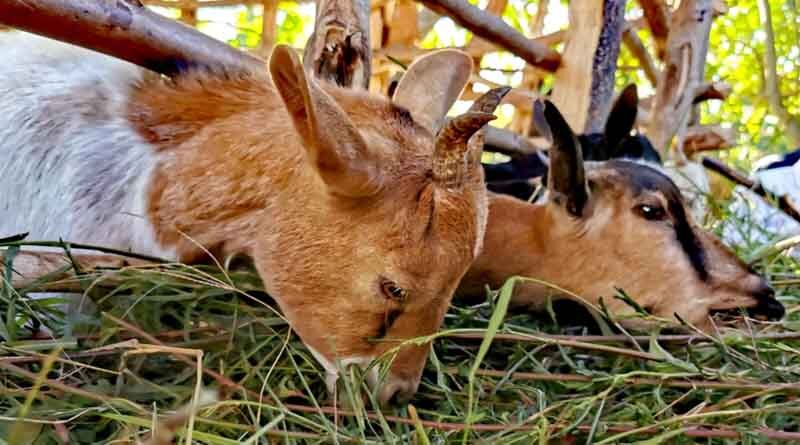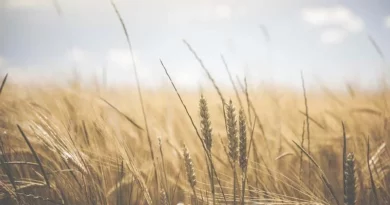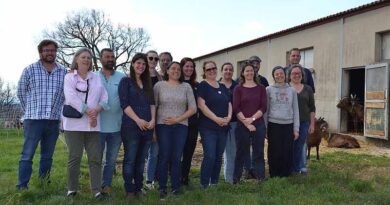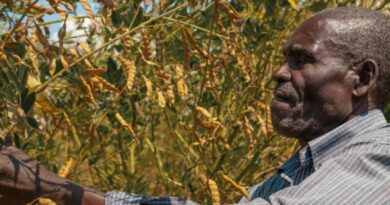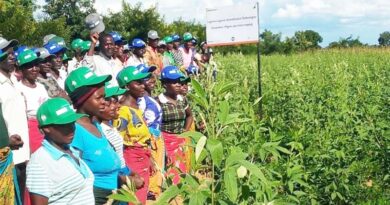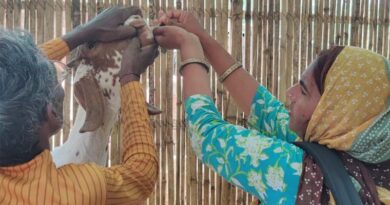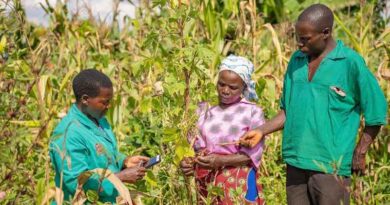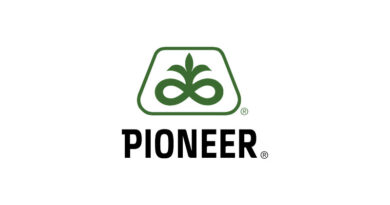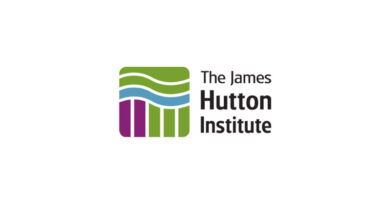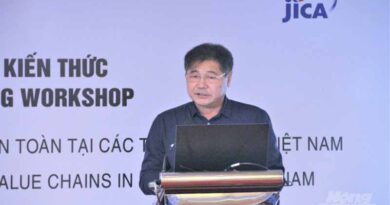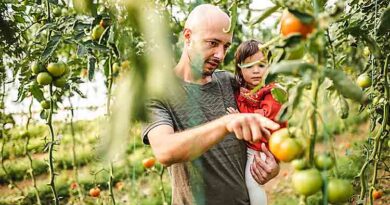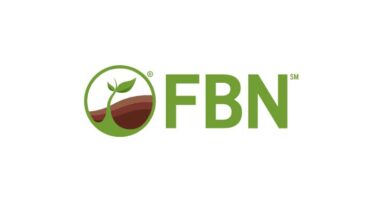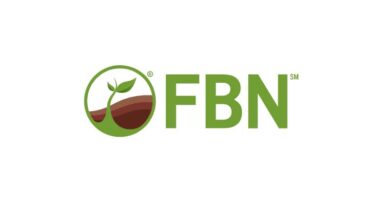Goat auction sales increase farmers’ agency and incomes in Malawi
10 June 2022, Malawi: A pilot study led by ICRISAT proves that developing efficient goat value chains lead to better rewards for farmers by increasing their market knowledge and bargaining power.
Amongst the many interventions, goat sale auctions fetched on average a 6% higher price than those sold through conventional market sales that often do not pay off the cost of feed. The study was for the CLIM2 project implemented in Southern Malawi, where half the country’s poor people live on farms less than one hectare.
As part of this project, farmers, traders, butchers, researchers, extension workers and policymakers embarked on a journey of goal setting, knowledge exchange and learning. They selected and tested prototypes of interventions that allowed the value chains to transform and provide higher income, food security and nutrition for smallholder farmers in Southern Malawi. Developing goat production as a viable business hinges on strengthening all the links in the value chain.
“The project has built the confidence of farmers and economically empowered farmers and off-takers such as butchers and vendors through higher profits from goats,” Mr Madalitso Ngombe, Agribusiness Officer, Balaka district.
Benefits for farmers
In Southern Malawi, every third household owns goats amidst extremely high pressure on land and limited alternative sources of income. Highly prolific at relatively low labour cost, goats are an attractive capital, particularly for women and youth.
Higher sales of goats at higher prices translated into increased household income and changing lifestyles among farmers in Malawi, while goat meat consumption contributed to improved food and nutrition security.
Goats are important for the resource-poor to balance grain price fluctuations. Highly variable grain prices impoverish the poorest who are not food self-sufficient. Goat prices, in comparison, are more stable and they are like liquid assets that can be quickly converted to cash, which cushions farmers against grain price fluctuations. However, many still follow traditional principles in raising and selling goats.
Win-win for farmers and buyers
Establishing goat auction sales centres equipped with goat sales pens and portable digital weighing scales and owned by community-based MSMEs, added positive impetus, strengthening their capacity to sell more goat products of higher quality. At initial auction sales, buyers competed for good quality goats, which sold faster. This gave farmers insights into the type of goats the market wants and the price they can expect. Farmers appreciated the transparent price setting and buyers found quality products easily and at reduced transport costs when normally they would spend time and resources searching for goats at farm gates.
“At a recent auction, a goat reached a price of MK 48,000 (USD59), which has never happened before,” Mr James Makwito, Phalula EPA, Assistant Veterinary Officer, Balaka district.
Benefits across the value chain
To create an efficient goat value chain, the first entry point is goat meat processing and goat market development. Linking goat butchermen to goat auction sales is critical to enhance the flow of goats to markets and draw more farmers to keep goats for business.
The CLIM2 project is promoting improved feeding, health and husbandry for better goat meat quality to meet market demand and increase sales. Integration does not end at the value chain level but extends to the supporting organizations. For an innovative value chain model to take off, there is a need for the Ministry of Agriculture, Ministry of Industry and Trade, and Ministry of Health and Nutrition to work hand in hand together with the local government to facilitate business take off.
As Malawi moves into an era of agriculture that is farmer-led, market-oriented, focused on infrastructure investments and capacitation of farmers and MSMEs, enactment of supportive policies and budget allocations can transform the goat sub-sector from subsistence to commercial.
The CLIM2 project, led by the International Crops Research Institute for the Semi-Arid Tropics (ICRISAT) in collaboration with the International Livestock Research Institute (ILRI) and Small-Scale Livestock and Livelihoods Programme (SSLLP), piloted goat auction sales between October 2019 and November 2021 in three project districts – Balaka, Chiradzulu and Thyolo.
Also Read: Crop Care Federation of India (CCFI) launches latest video on farmer welfare & training programs

